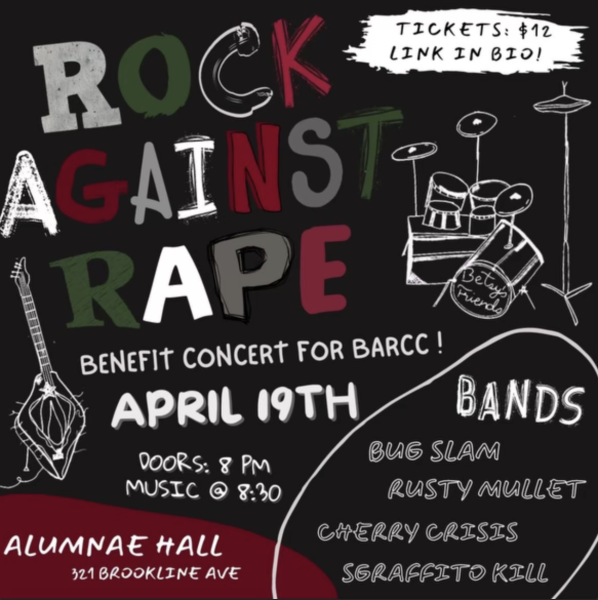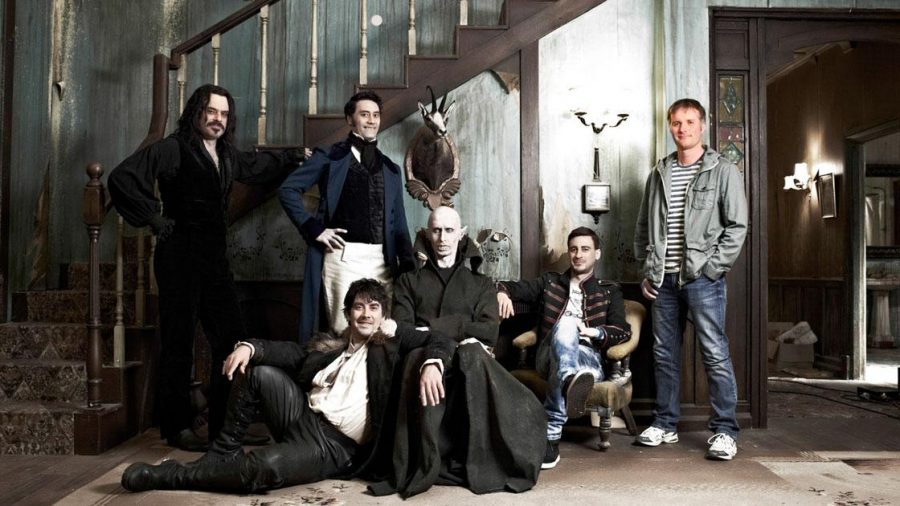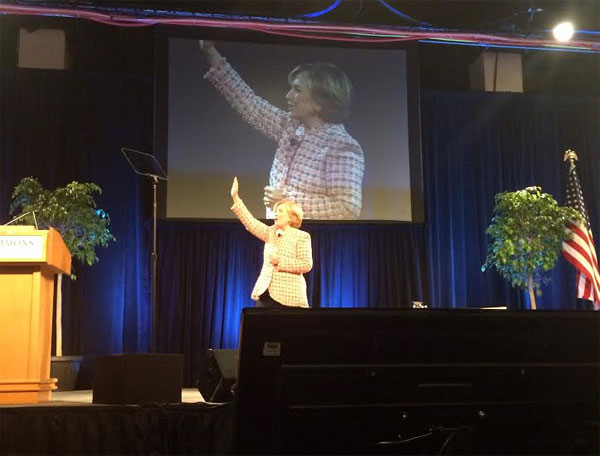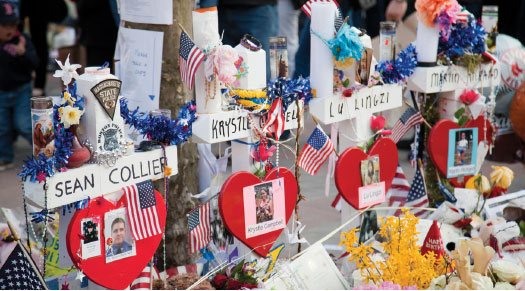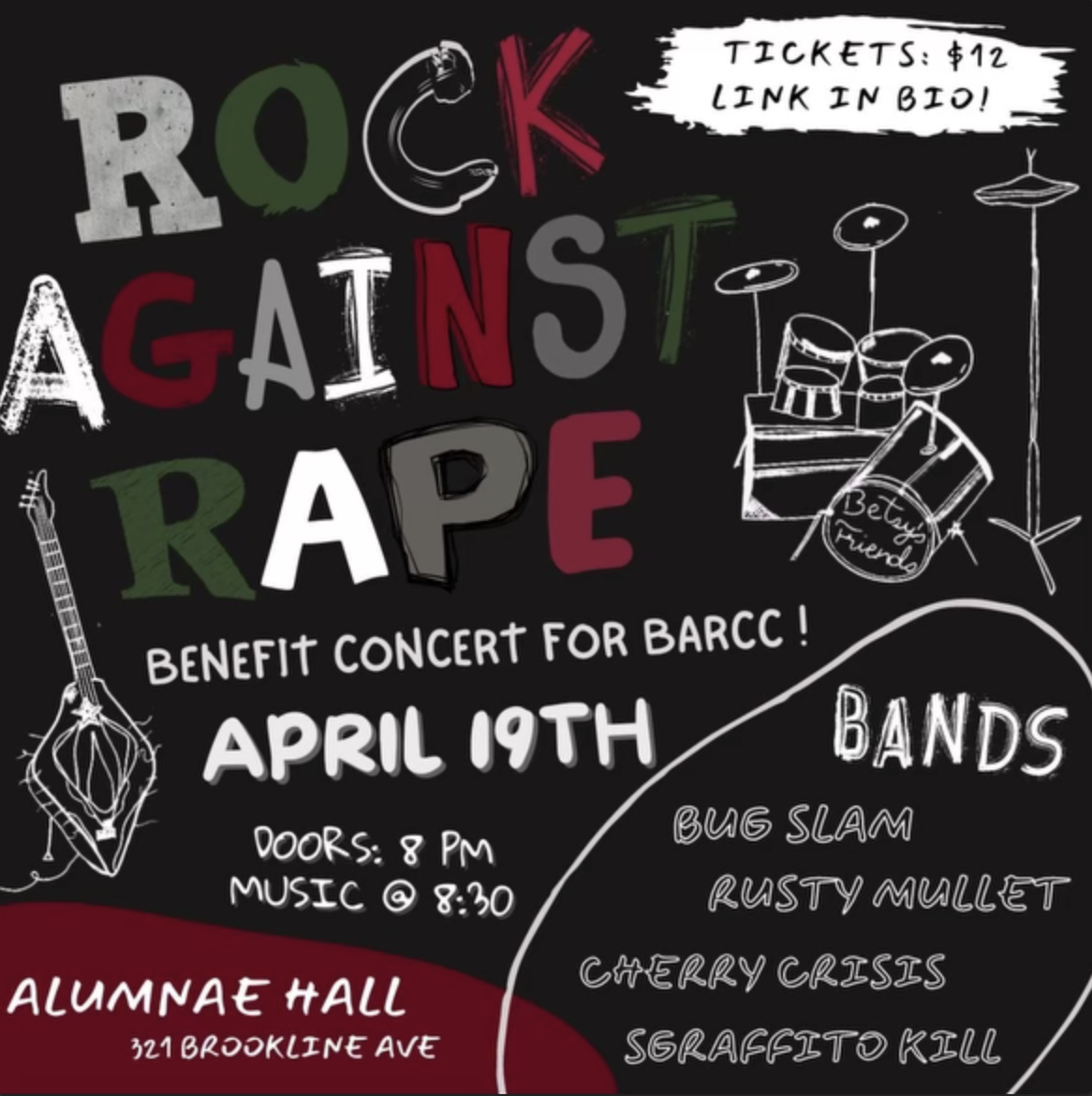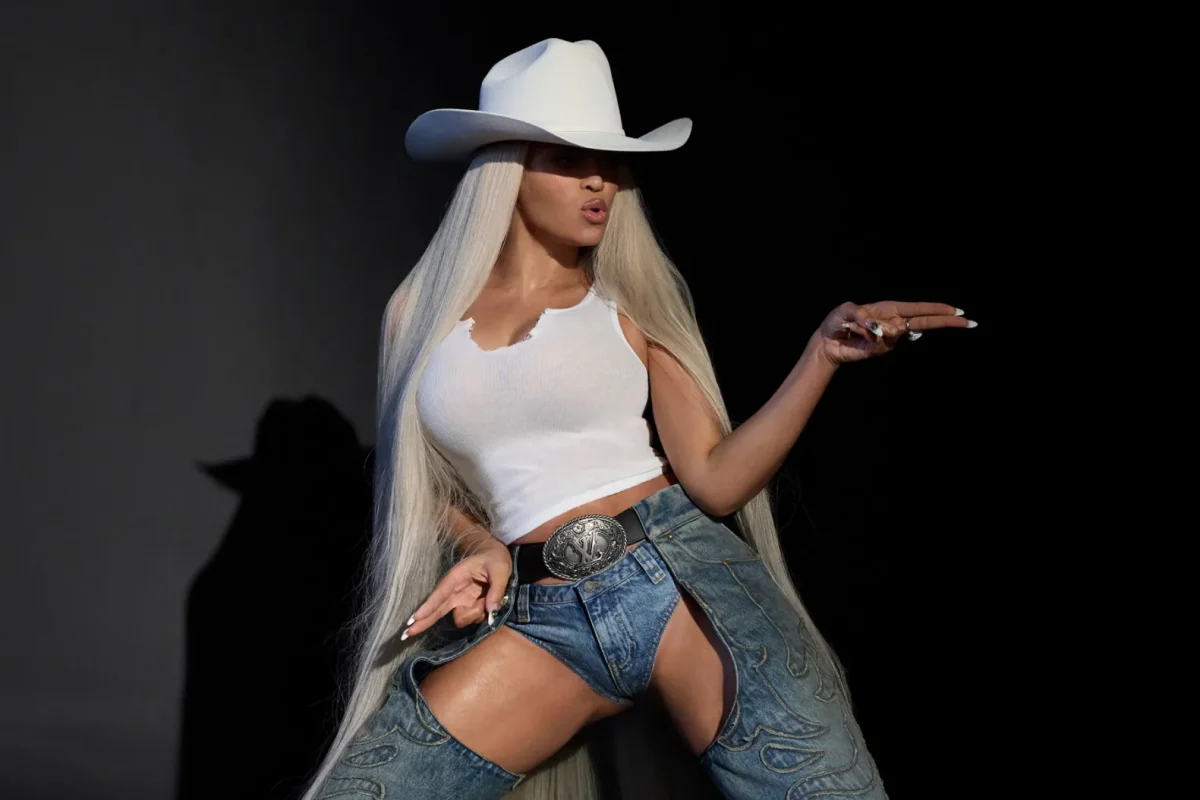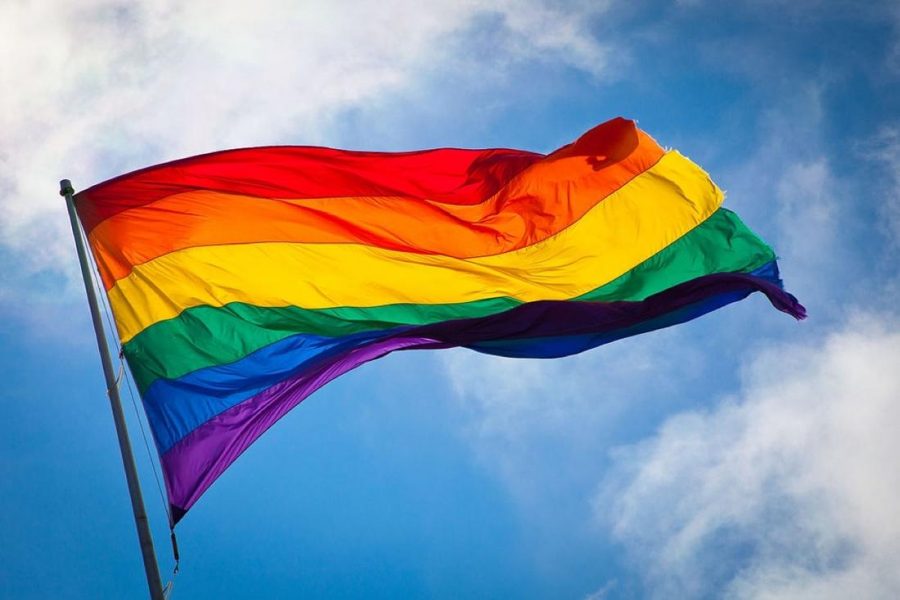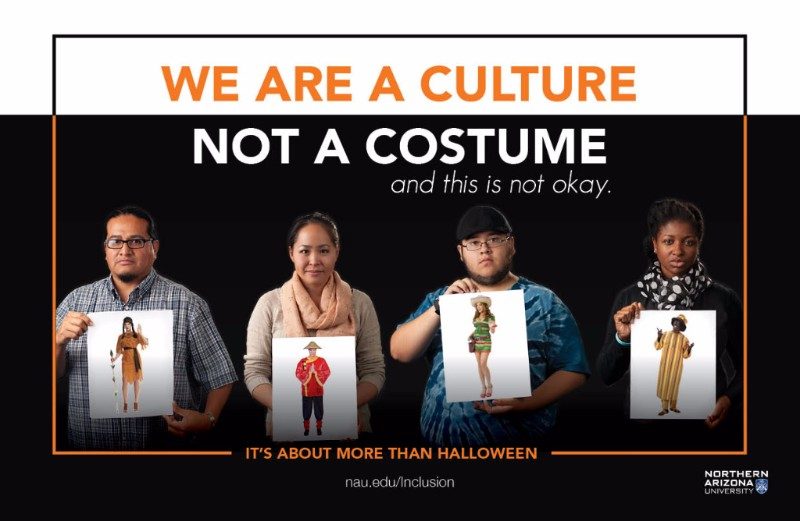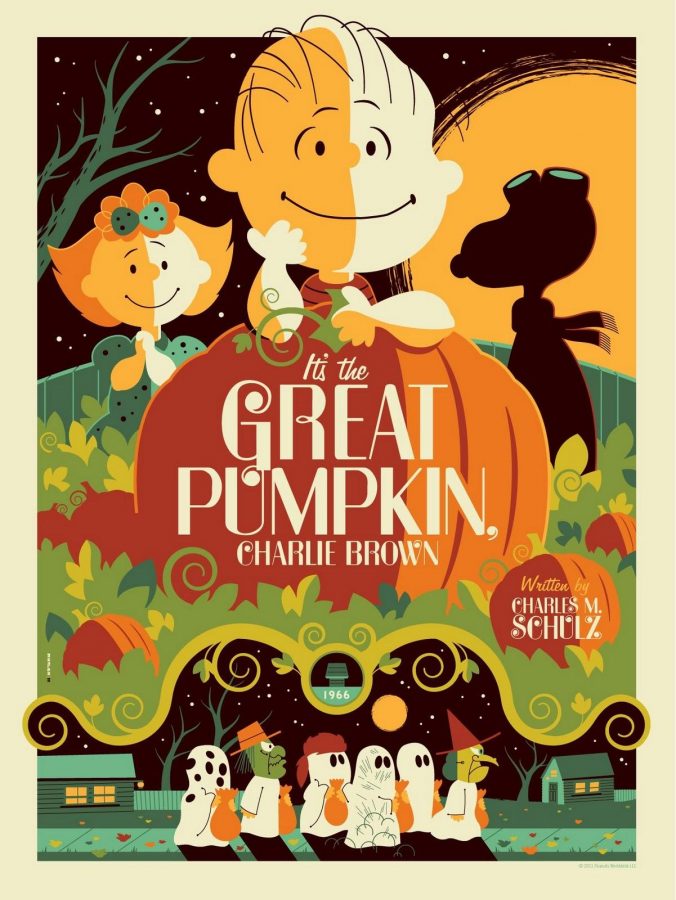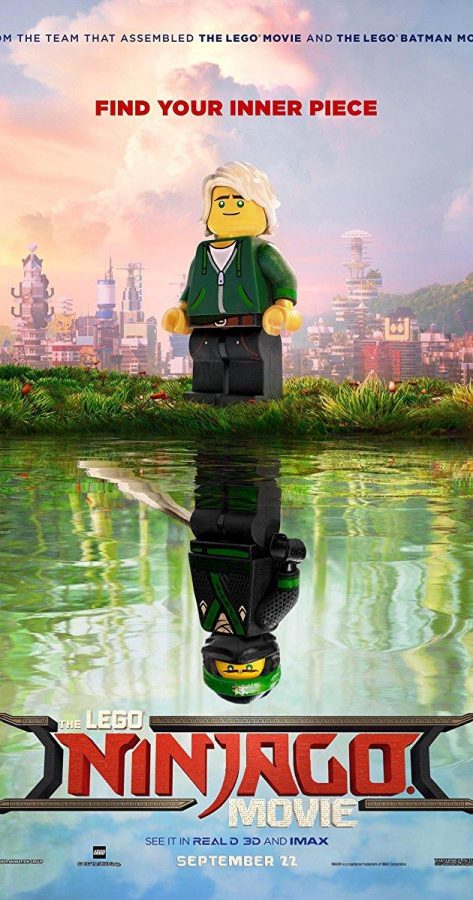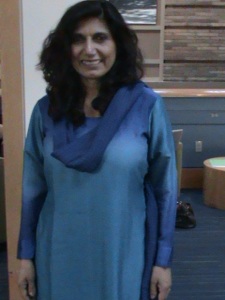
By Alison Berstein
Pakistani-born social activist Dr. Fouzia Saeed knows a thing or two about advocating against violence.
She has worked for decades and with countless organizations on women’s issues, particularly violence.
Saeed shared her message Wednesday evening with the Simmons community when a crowd of around 40 gathered in C101 to view the film “Bhutto” and host a question-and-answer session.
“Bhutto,” a 2010 documentary, chronicles the life of Benazir Bhutto (1953-2007), 11th Primer Minister of Pakistan. The country’s first female Prime Minister, Bhutto led the Pakistan Peoples Party.
Daughter of 9th Prime Minister Zulfikar Ali Bhutto, Benazir Bhutto was assassinated leaving a campaign rally.
“Benazir’s legacy continues in the parliament and in the country,” Saeed said.
Saeed has forged somewhat of a legacy herself.
In 2000 she helped form AASHA (An Alliance Against Sexual Harassment). Several years prior, she co-founded Bedari, an organization focusing on women’s issues.
She presently serves as director of Mehergarh, a Pakistani organization which handles youth, gender, and human rights.
“My focus transforms from time to time but in the last thirteen years it has been on sexual harassment,” she said. “I have struggled against this crime, and I have moved and mobilized for legislation against the crime.”
In 2008, Saeed and 10 other workers at the UN faced sexual harassment by a manager. The women reported it and after a two-year-long battle, led to the passing of two laws that made sexual harassment a crime in Pakistan.
“There are universities,” Saeed said. “It is just that in some parts of the world, the women’s issues or human rights violations are right in your face and are in a crude form, and in some cultures they are more sophisticated and they are more invisible.”
“We need to understand that the thread is very common, and the issue is very universal,” she continued. “It really needs to be ‘we have to work’ rather than ‘you have to work’ because it is an issue of women globally.”
Part of the PDIAC grant “Diversity in Film Genres,” the event was a collaboration between communications professor Judith Richland and SOM professor Paula Gutlove.
The presentation was co-sponsored by the Simmons School of Management, Center for Gender in Organizations, and Graduate Program in Gender and Cultural Studies, as well as several departments: Communications, Women’s and Gender Studies, Political Science and International Relations.
In 2001, Dr. Saeed released a book called “Taboo: The Hidden Culture of a Red Light Area,” which discusses prostitution in Pakistan.
A decade later came “Working with Sharks” (2012), her autobiographical account of the sexual harassment that she and 10 other women faced at UN.
“Some people ask me why am I an activist and why am I interested in women’s issues, and I say no I’m not interested in these issues, I’m just living my life,” she said. “It just so happens that I’m a woman and whatever issues I face are women’s issues.”
Saeed cited patriarchy as a key concept regarding such issues.
“Sometimes I do not hear enough of this word in the academia, even in the Western countries, because we tend to analyze and bring different kinds of frameworks on women’s rights,” she said. “A lot of religions, cultures, societies around the world are patriarchal, regardless of the gloss-over and the facade of the progress of women.
“People here sometimes do not relate to it and think that women have come a long way and they don’t have issues like we Asian women have,” she continued. “Women [who] went to get married change their name, which is an identity, and the children get the name of the father. So very clearly the father is the head of the household and under his name everything goes.
“Those kinds of things are very invisible. People don’t get to see the core that still needs transformation.
“We sometimes look at the crime separate from the culture, and that is not a very good way of analysis. Rape and domestic violence are indicators of how deep-rooted the patriarchy is.”
Born and educated primarily in Pakistan, Saeed noticed discrepancies between the role of women and the role of men.
“We get to learn how to be a woman through restrictions. It is restrictions that carve out our role, rather than opportunities,” she said. “Several signs of puberty in your life are introduced to you as if it was a catastrophe rather than a celebration. I always tell young women that fertility and reproduction is nature’s miracle that only you have, but nobody told that to me.”
Saeed was 19 years old when she came to the United States. She spent eight years at the University of Minnesota, where she received her Bachelor’s, Master’s, and Ph.D.
“That exposure and interaction with a totally different culture, as different as it can be, was extremely beneficial, very meaningful to me,” she revealed. “My professors were extremely competent and I have learned ethics from them. I’ve learned empowerment from them, and many other things.”
In Minnesota she became very interested in dealing with violence against women. It was here that she was first exposed to internships with organizations that dealt with victims of violence, being trained as a counselor for such victims.
“That initial training was very useful for me later in my life because when I went back to Pakistan, I started the very first crisis center in the country in 1991,” she said.
Becoming what she calls the “voice of the Pakistani women,” Saeed worked for several years upon her 1987 return to Pakistan before setting up the crisis center.
“We started the crisis center as if it was an initiator for ourselves and not for our unfortunate sisters,” she said. “I always looked at issues as our issues, not out there a mile away.”
Perhaps this outlook stems from a cultural standpoint, from the “group-oriented” mentality of her home country.
“The United States and Pakistan are like 180 degrees apart culturally,” she said. “Here this is a very individual-oriented culture . Here you are who you are only because of you, and it is my choice and my decision and my life. We don’t talk like ‘my’ and ‘I’ in Pakistan. We are a very ‘we’ and ‘us’ society. We are who we are in connection to many other people.”
She illustrated this difference in perceptions with an analogy.
“Here people plan their weddings and birthdays, and in Pakistan, nobody can imagine planning their own wedding. They would think that everybody you know has died, you have no family to do things for you, and you are actually picking out your own color and invitation? That would be considered a very unfortunate thing. And here it would be considered an intrusion and really be frowned upon if somebody else tells you ‘you need to use this color on your wedding bouquet.’”
Saeed said that she had grown so accustomed to American culture, that she “almost had to relearn” upon her return to Pakistan.
“That was a very big benefit for me because relearning at that age is really being reflective and really getting to know the differences,” she said. “I think I got to know my own culture a lot more than many friends who never left the country.”
The turning point came while Saeed was working for an agency of the UN in Pakistan.
“I was working for the United Nations, so happy that i had landed my dream job,” she recalled.
It was at this “dream job” where she fell victim to sexual harassment by a manager.
“For three years i tried to do whatever I was told. ‘Ignore it,’ that’s what people say, but nothing of that sort worked,” she recalled. “Then I realized that it was really not my problem, it was his problem, it was his behavior.”
When she filed a complaint, she learned that 10 other women shared her experience. Together they struggled against a less-than-friendly management to bring the man to justice.
“That struggle taught me a lot of things. It taught me that we women need to stick together,” Saeed said. “It taught me that we can all deal with one case at a time, we really have to do something big so that we get rid of the problem or we reduce the problem collectively, not just one guy.
“I try and deal with my own challenges and then I realize they are collective challenges of a lot of women, and then we all tend to kind of push the boulder out of our way and that becomes activism,” she continued. “That becomes a collective achievement as a result of the mobilization, but we were actually just trying to straighten out our lives. I only deal with whatever comes in my way, and that becomes activism.
“From confrontation we move to teamwork,” she added. “Gradually as you tend to deal with those challenges, that is where activism takes birth.”
In addition to anti-violence work, Saeed is involved in the Pakistani folk and performing arts, forms of expression that to her help unify a society.
“I don’t see the performing arts only in terms of entertainment, but actually as a part of every person’s life because it makes a human being whole. I think it makes a human being more tolerant, more creative.
“A person who is more creative can think of more alternatives for the future,” she continued, “and it is more difficult to put that person in a groove where they think that there is only one reality and one truth and one way of going about.
“That kind of flexibility, diversity, and creativeness is extremely important in every person’s life and then collectively in a society’s life. Societies that deviate too much where they move away from creativity, they end up being very aggressive and hostile.”
To foster this creative society, Saeed called upon a need for interaction among the generations.
“My generation’s responsibility is to pass on our learning experiences, our life experiences, and the tools that we think are significant for their future.
“As far as content is concerned, we people don’t even know what the next generation is going to experience. They are going to places that we cant even dream of, so there is no way we can teach them any substance in terms of the content, but we can transfer our processes and tools and ethics and those kinds of things.”
Saeed had words of warning and words of wisdom to offer.
“Do not believe all that media dishes out to you,” she started. “Media information is angled at the politics of the country. Media has a tendency of picking up only negative news and sensational news, and even giving a spin of sensation to it, so if you believe that you will never understand any culture and any country in the real sense.”
Saeed suggested steps to take to combat this “two-dimensional picture” of a country.
“Trust yourself and your own senses,” she said. “Go visit the country, read up on the country, but do not believe a lot of negativity that you hear in the media, and Pakistan is unfortunately one of the most stereotyped countries. Pakistanis are not the way they are portrayed in the media, and the condition of women or other vulnerable communities is not the way it is portrayed.”
With this open-mindedness, Saeed foresees the future as a more open one.
“I expect them to be more tolerant and more progressive,” she said.
This progress, she said, may come from handling issues such as religious extremism.
“Somehow I feel that we were more progressive when we were young. I see that younger people are sometimes less tolerant than we used to be. So I hope that this wave of fundamentalistic thinking and narrow thinking does not really block their way and they really discover the beauty in diversity in life.”



